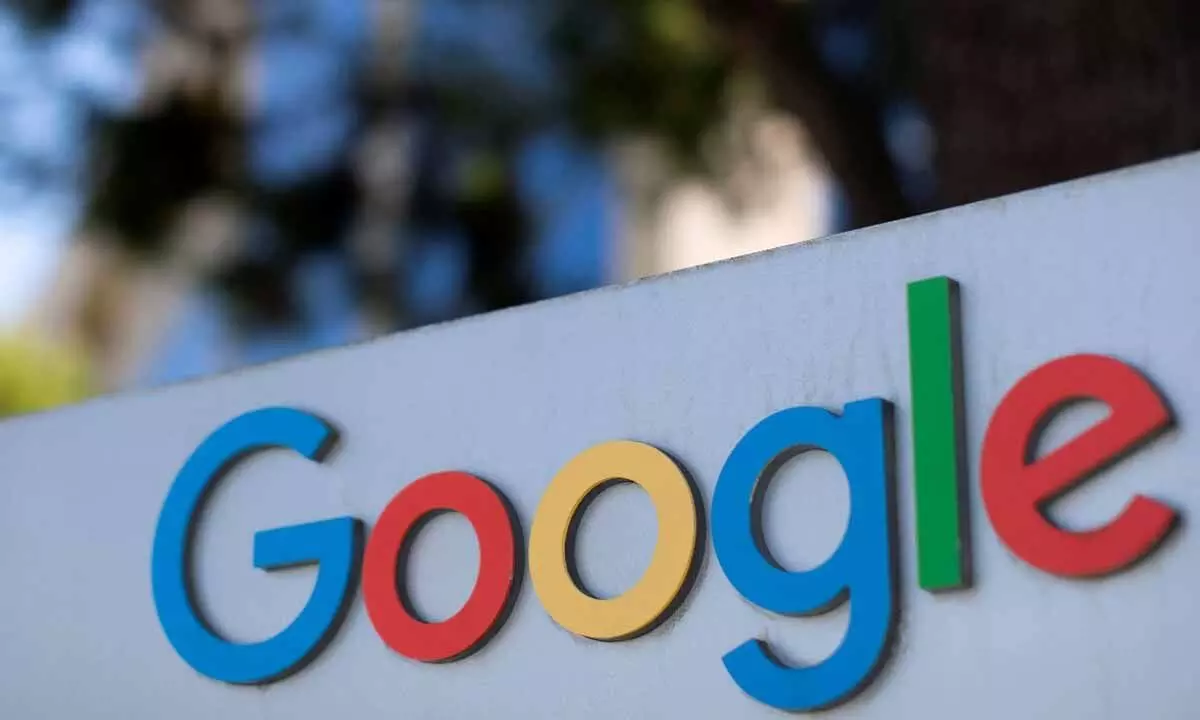Google pays damages to US government to avoid jury trial in an antitrust lawsuit
Share :

Alphabet's Google has preemptively paid damages to the U.S. government, an unusual move aimed at avoiding a jury trial in the Justice Department's antitrust lawsuit over its digital advertising business.
Alphabet's Google has preemptively paid damages to the U.S. government, an unusual move aimed at avoiding a jury trial in the Justice Department's antitrust lawsuit over its digital advertising business.
Google disclosed, opens new tab the payment, but not the amount, in a court filing last week that said the case should be heard and decided by a judge directly. Without a monetary damages claim, Google argued, the government has no right to a jury trial.
The Justice Department, which has not said if it will accept the payment, declined to comment on the filing. Google asserted that its check, which it said covered its alleged overcharges for online ads, allows it to sidestep a jury trial whether or not the government takes it.
The Justice Department filed the case last year with Virginia and other states, alleging Google was stifling competition for advertising technology. The government has said Google should be forced to sell its ad manager suite.
Google, which has denied the allegations, said in a statement that the Justice Department “manufactured a damages claim at the last minute in an attempt to secure a jury trial.” Without disclosing the size of its payment, Google said that after months of discovery, the Justice Department could only point to estimated damages of less than $1 million.
The company said the government has said the case is “highly technical” and “outside the everyday knowledge of most prospective jurors.”
The Justice Department will have a chance to respond to Google's arguments before a judge considers the question at a hearing scheduled for June 21 in Alexandria, Virginia, federal court. The trial is set for September, currently before a jury.
Stanford Law School's Mark Lemley told Reuters he was skeptical Google’s gambit would prevail. He said a jury could ultimately decide higher damages than whatever Google put forward.
“Antitrust cases regularly go to juries. I think it is a sign that Google is worried about what a jury will do,” Lemley said.
Another legal scholar, Herbert Hovenkamp of the University of Pennsylvania’s law school, called Google's move "smart" in a post on X. “Juries are bad at deciding technical cases, and further they do not have the authority to order a breakup,” he wrote.
The U.S. Supreme Court ruled in a 2016 case that an offer for “complete relief” did not wipe out a class-action claim. But Google argued its payment is different, because it submitted an actual check and not merely an offer.
Google has faced two antitrust trials in recent months, but only one involved a jury.
In that case, a jury in San Francisco ruled for “Fortnite” maker Epic Games that Google illegally barred competing Android app stores and forced developers to use its payment system for in-app transactions.
In the other case, a Washington, D.C. federal judge is weighing allegations that Google has unlawfully stifled competition for web search. The court heard closing arguments this month but has not ruled.
The case is United States v. Google LLC, U.S. District Court for the Eastern District of Virginia, No. 1:23-cv-00108.













